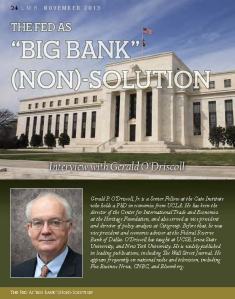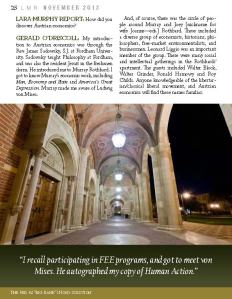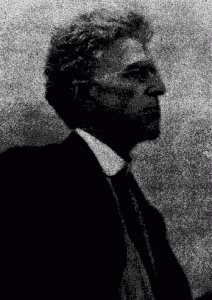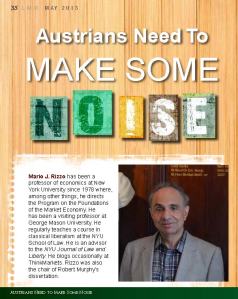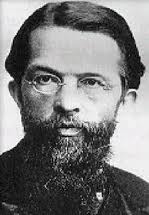by Gene Callahan
I had believed that Tony Carilli and Greg Dempster (“Expectations in Austrian Business Cycle Theory: An Application of the Prisoner’s Dilemma,” The Review of Austrian Economics, 2001) made a major advance in Austrian Business Cycle Theory by hitting upon the correct solution to the challenge presented by, for instance, Gordon Tullock, who once wrote:
“The second nit has to do with Rothbard’s apparent belief that business people never learn. One would think that business people might be misled in the first couple of runs of the [Austrian] cycle and not anticipate that the low interest rate will later be raised. That they would continue unable to figure this out, however, seems unlikely.” (“Why the Austrians Are Wrong about Depressions”)
By posing the situation as a prisoner’s dilemma, where businessmen are rational to exploit the short-term profit opportunities offered by the boom phase (since if they don’t their competitors will) Carilli and Dempster adequately answered Tullock’s complaint. (I especially liked their solution because I independently had hit upon the same idea, which I was working out while writing my book, Economics for Real People. Well, I wasn’t the first to print, but at least I was the first to reference their paper!)
But yesterday, while editing someone else’s work, I discovered that Gerald O’Driscoll and Mario beat us to the basic insight by several decades, although they did not give it a game-theoretical formulation:
“[T]here are profits to be made from exploiting temporary situations. . . . Though entrepreneurs understand [the macro-aspects of a cycle] they cannot predict the exact features of the next cyclical expansion and contraction. . . . They lack the ability to make micro-predictions, even though they can predict the general sequence of events that will occur. These entrepreneurs have no reason to foreswear the temporary profits to be garnered in an inflationary episode. . . . From an individual perspective, then, an entrepreneur fully informed of the Austrian theory of economic cycles will face essentially the same uncertain world he always faced. Not theoretical or abstract knowledge, but knowledge of the circumstances of time and place is the source of profits.” O’Driscoll and Rizzo, The Economics of Time and Ignorance
Note: I still think what Carilli and Dempster did, in giving this a game-theoretic formulation, is great work. I just see it is not quite as original as I had thought.

